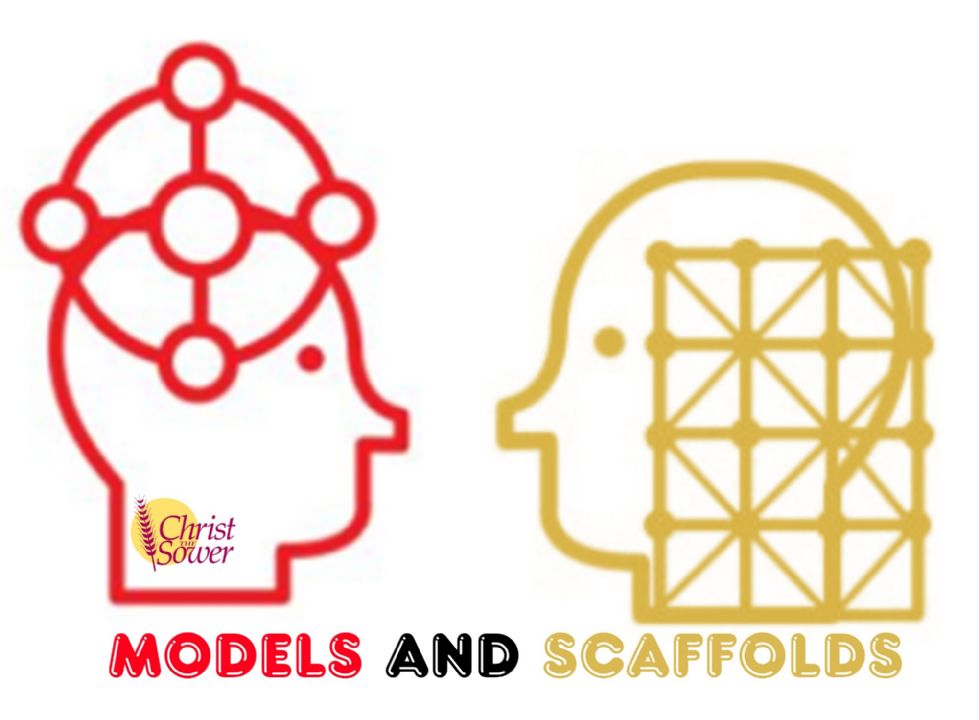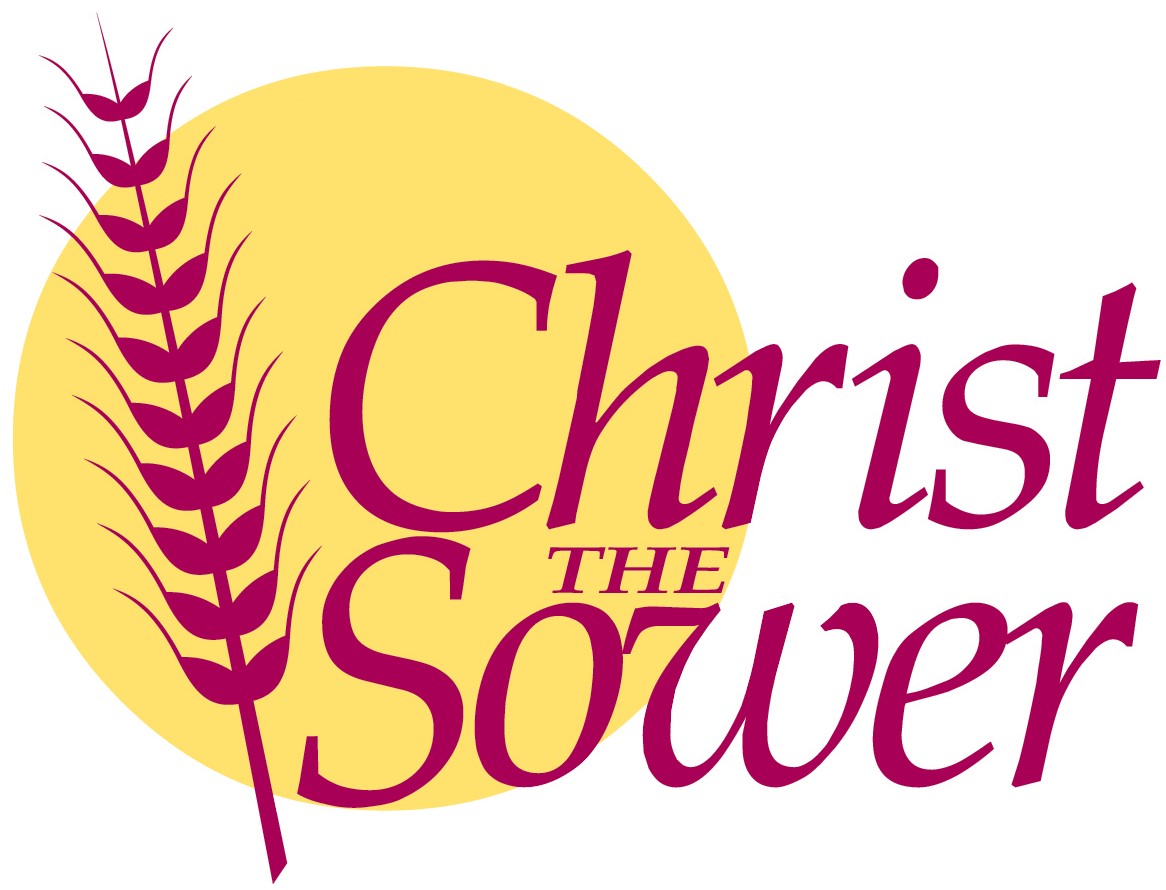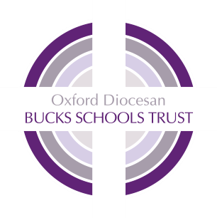The CTS Memory Super-Hacks
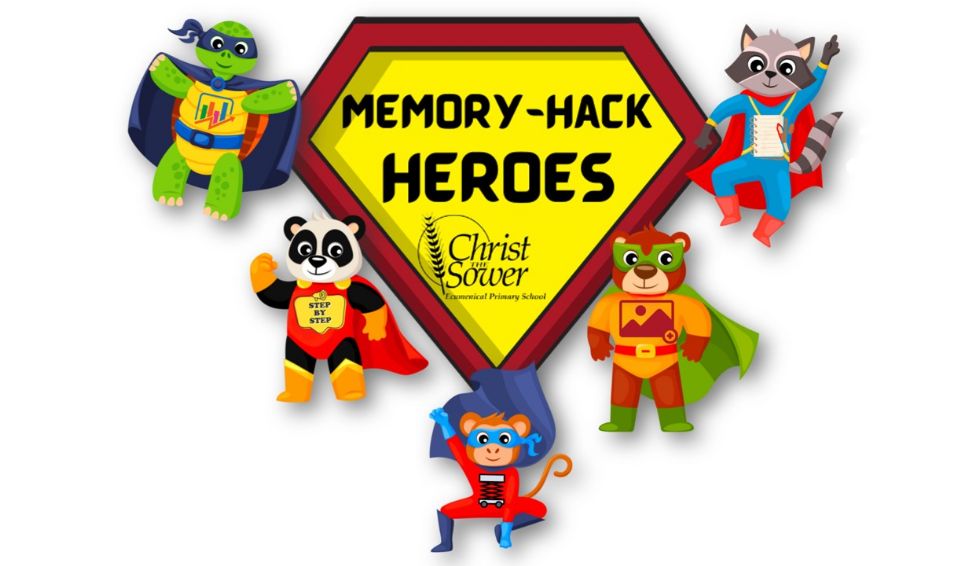
As part of our continued drive to ensure that all children are able to achieve their full, God-given potential, we have devised 5 Memory-Hacks that are an embedded part of our curriculum implementation.
Our teachers and children, use these Memory Hacks on a regular basis, to ensure that our children know more and remember more across lessons, weeks, terms and years. They prevent cognitive overload and ensure that teachers can assess and revisit learning gradually over time.
Why not ask us about them when we come home today?
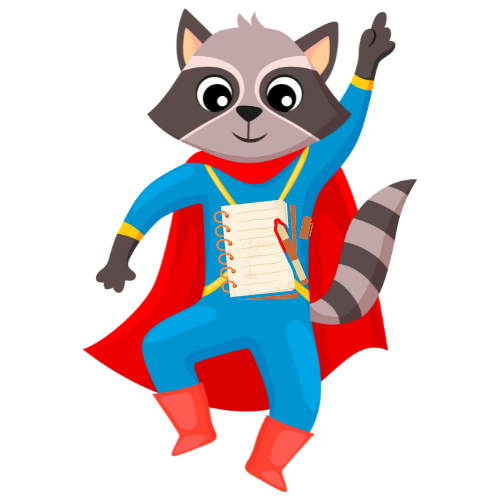
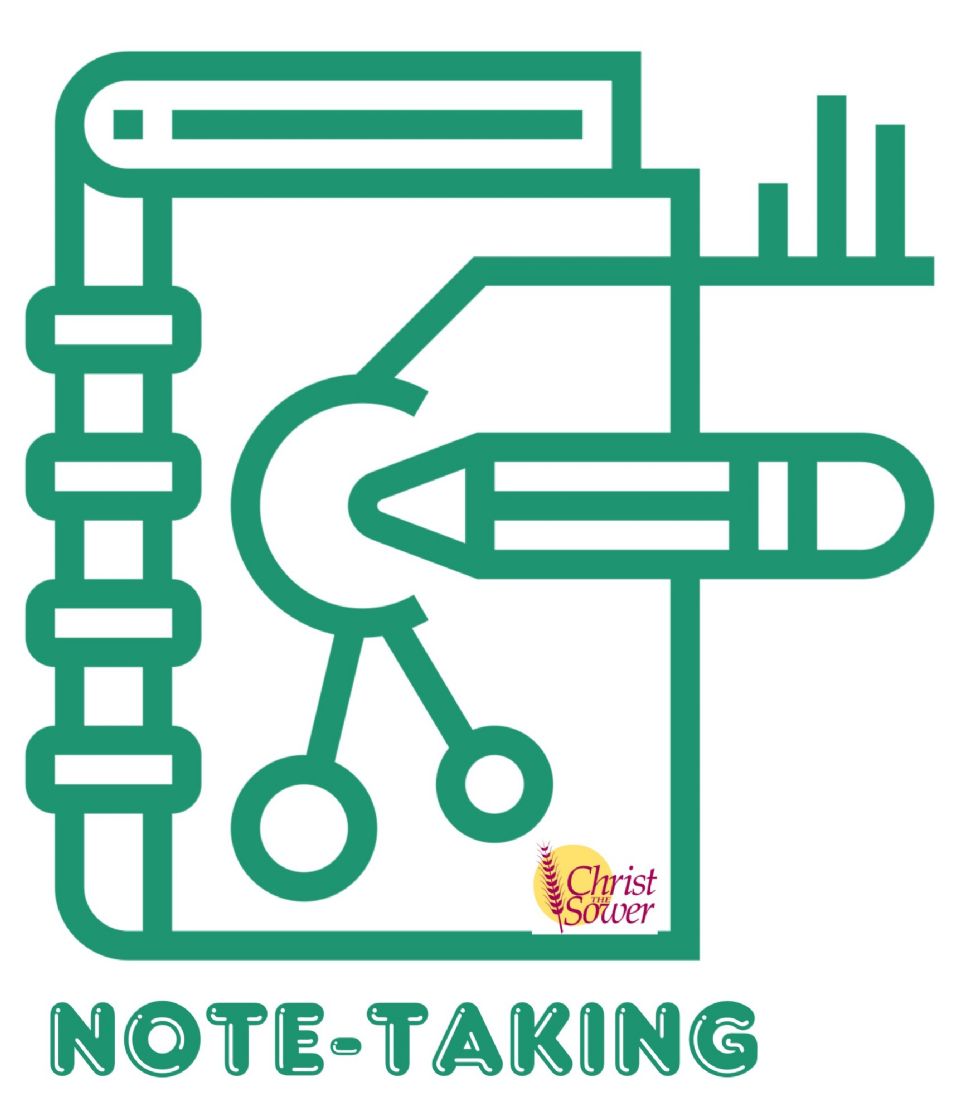
Note-taking is the first of our Super-Hero Skills. All of our children have their own notebook, and they are encouraged to use them in lessons. Research shows that when children take notes, it reduces cognitive overload and prevents them from losing focus during learning activities. We also ensure that these notes, are used in a later activity, as this gives note-taking a real purpose whilst also enabling children to become more independent in class.
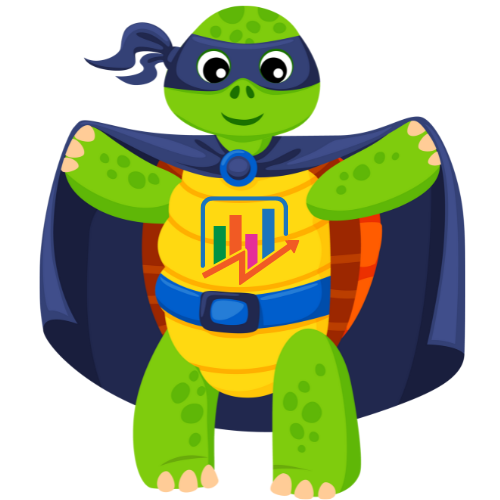
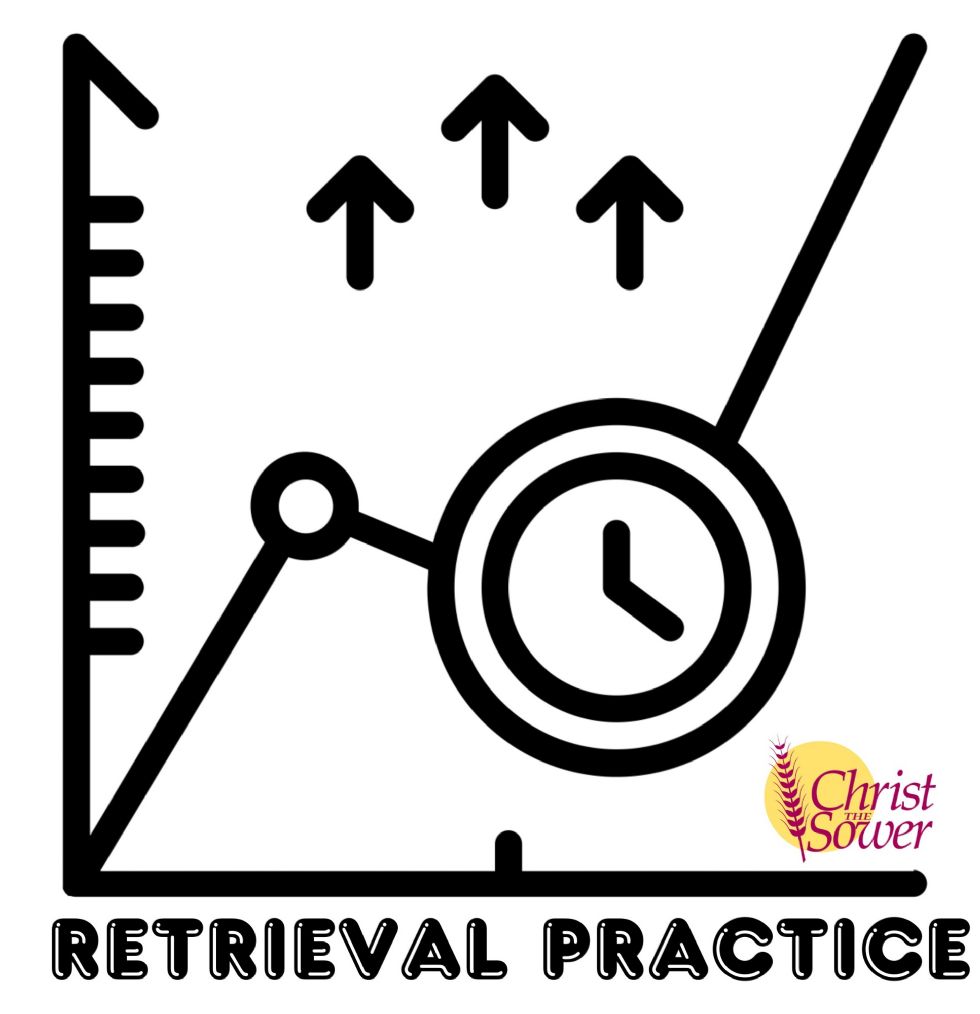
Retrieval Practice is the second of our Super-Hero Skills. This Memory Hack involves teachers providing frequent opportunities for children to remember what they’ve previously learned, often through low-stakes testing, so that it becomes deeply embedded and eventually takes less effort to recall. This makes learning far more likely to be retained in the long term memory. Regularly reviewing learning in this way, remoulds teacher assessment into a learning strategy, asking pupils to think hard to access, and in turn reinforce, the curriculum content they’ve been taught. Retrieval practice can take many forms (although it is always low -stakes) from multiple-choice questions to diagram labelling - giving teachers a variety of options to integrate it into their daily teaching practice.


The Big Picture is the third of our Super-Hero Memory Hacks! It’s important to present new material to our children in a way that makes the most of how our brains learn: with the big picture, and with the details. There is growing research that shows that the brain needs two versions of the material being taught: 1) The big picture of the whole topic and 2) The detailed knowledge. We make sure that our children know the full journey of a unit of learning, and how each lesson fits into the 'Big Picture' of their end points. This ensures that children understand the relevance and importance of each task and how it will help them in the longer term.

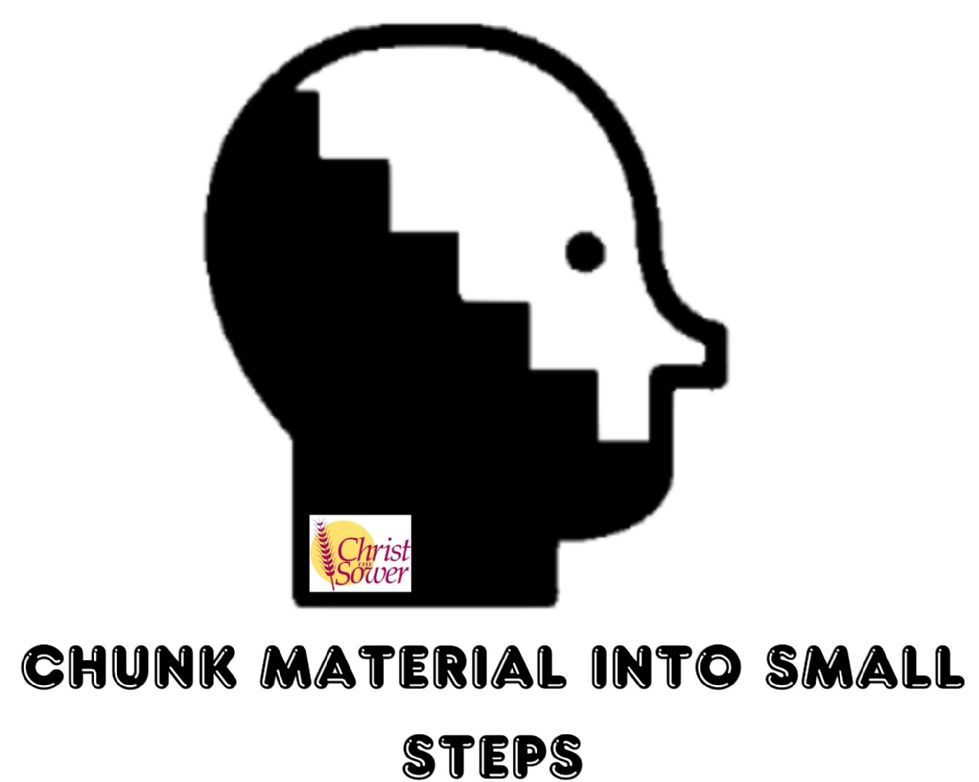
Chunking is the fourth of our Memory Hacks. Research shows that children make the most progress, and overcome the limitations of their cognitive load, when they are taught new material in small steps. Our teachers adopt this sequential learning approach to ensure that our children have mastered a concept before moving onto the next step. Student mastery is then assessed both through retrieval practice and knowledge application.
Not only does this approach make tasks more manageable, it also allows students to make connections in their learning, to understand why each step is important and this in turn, allows teachers to assess student progress more quickly

